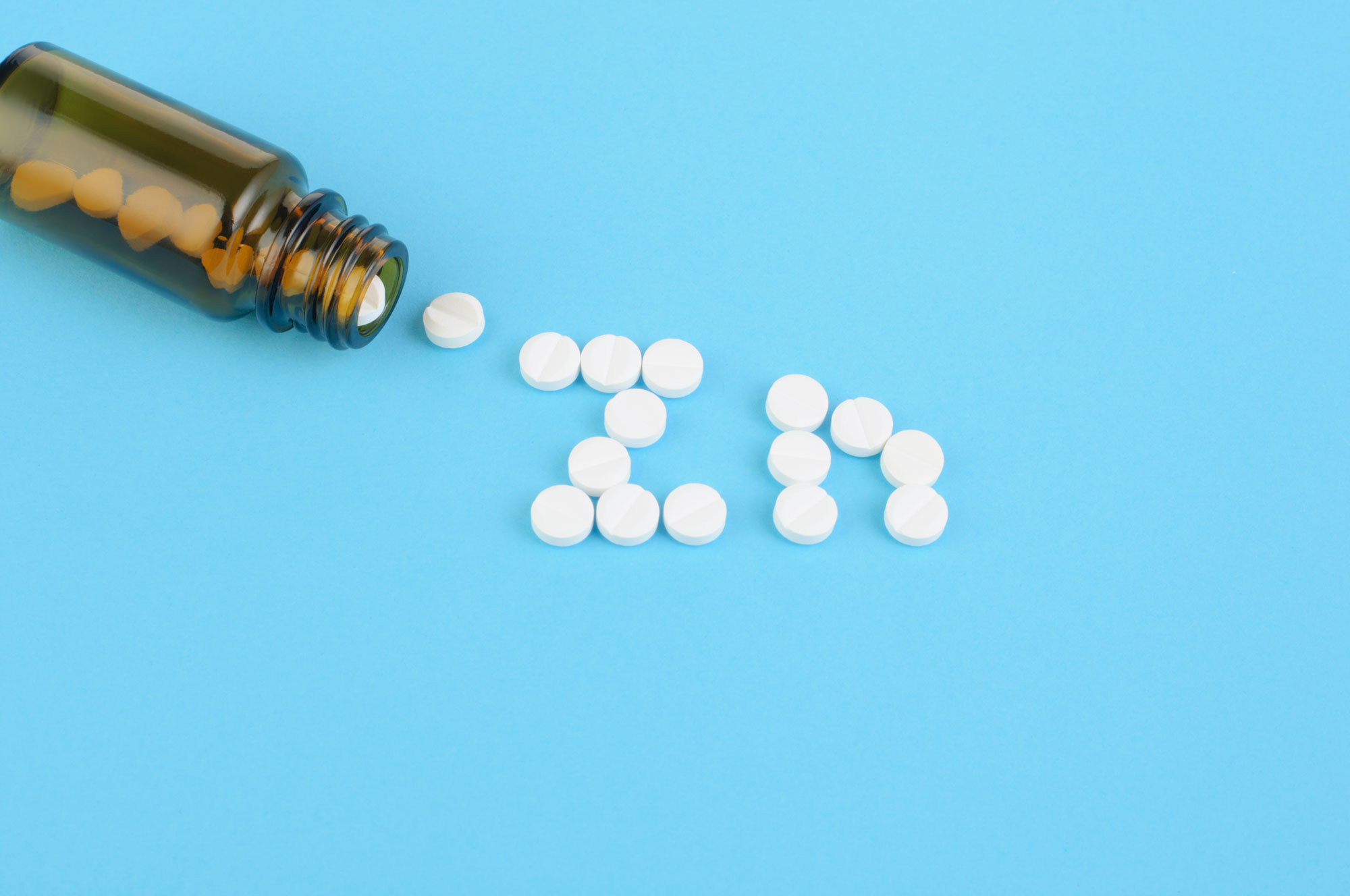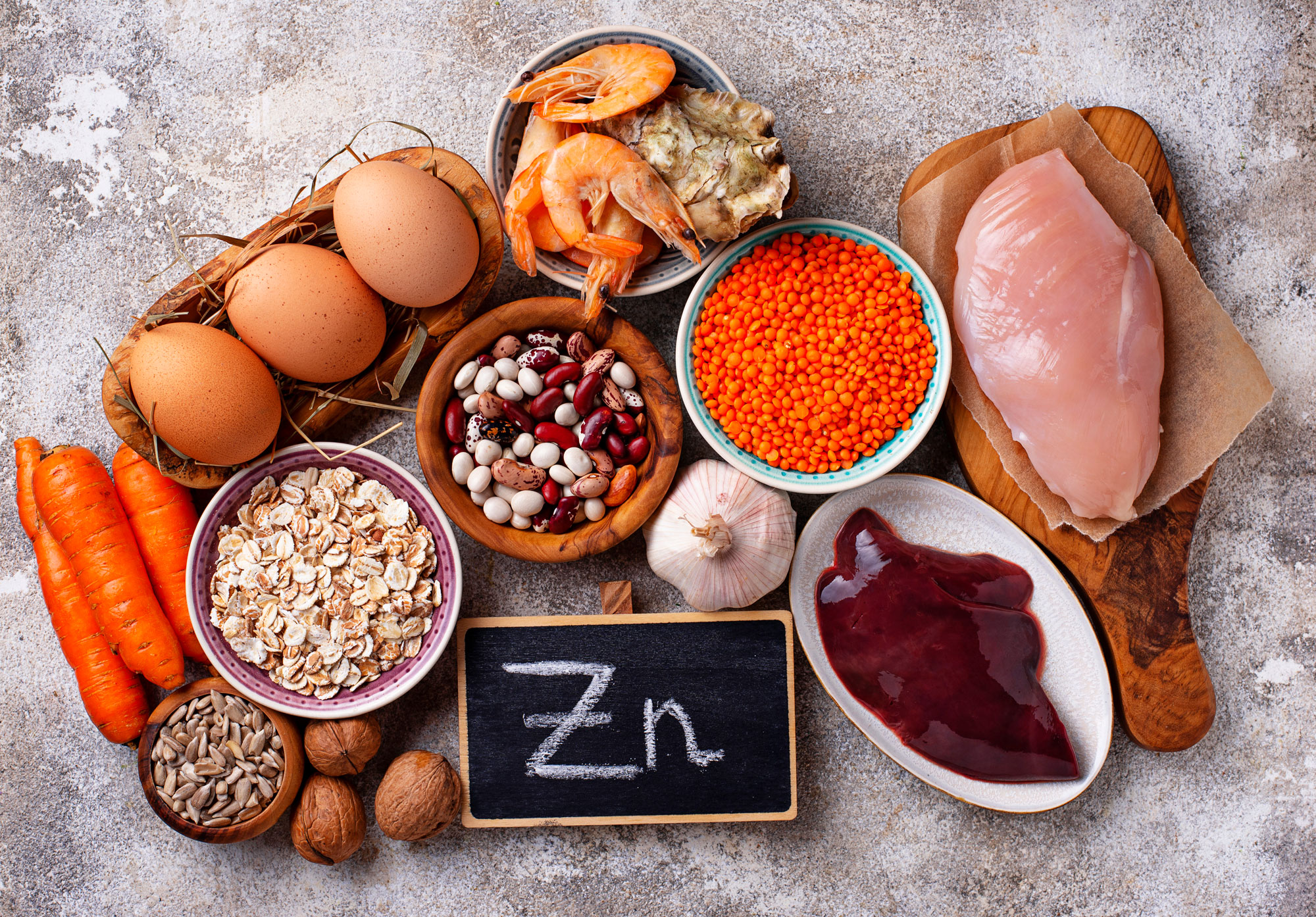
Zinc and its properties. Why we should consume Zinc and especially in what quantity
Zinc is a fundamental mineral for the health and proper functioning of our body. Although it was not considered an essential nutrient until a few decades ago and has not received the same attention as magnesium, iron or calcium, it now enjoys well-deserved recognition.
The most important therapeutic property of zinc is its function on our immune system, but the benefits do not end there. Zinc is used successfully for:
- Prevention and treatment of osteoporosis;
- In the fight or as an adjunct against ovarian cysts;
- For the treatment of rheumatoid arthritis;
- Cancer prevention, such as stomach, esophageal, colon or brain cancer;
- Infertility treatment;
- Cold and flu treatment;
- Maintaining the senses of smell and taste;
- Preventing and combating hair loss;
- Increased mental alertness.
In addition to maintaining healthy and beautiful skin, high-zinc creams have an important therapeutic role in:
- Treatment of acne, warts, psoriasis, rosacea;
- Improving the signs of aging skin;
- Accelerate the healing process of the skin in case of superficial wounds;
- Protecting against free radicals, especially when our skin is exposed to ultraviolet rays, dry air and pollution;
You can take your daily zinc by introducing regular foods into your daily diet, such as:

- Beef;
- Lean, cooked pork;
- Fish;
- Chicken or turkey meat, especially country meat;
- Peas, beans, chickpeas, lentils;
- Walnuts, peanuts, almonds, cashews, pumpkin seeds, sesame or sunflower seeds;
- Egg yolk;
- Seafood.
Unfortunately, it is quite difficult to perform a dedicated medical test to determine the exact concentration of zinc in your body, because the mineral is found mostly in cells, pancreas, liver and prostate. Instead, you can follow the signals your body sends you in the case of zinc dedication. Among the most common are:
- General decrease in immunity; frequent and difficult to treat colds or after a longer period of time;
- Skin problems: acne, dermatitis, unsightly spots;
- Hair loss;
- Lack of concentration or attention deficit disorder;
- Infertility;
- Fear of heights.
If you feel that you need a higher intake of zinc than you normally take from your daily diet, you can take nutritional supplements, but keep in mind that the recommended daily dose is about 12 mg / day . This may vary depending on your weight. The optimal dose will always be determined by your doctor.
Excess zinc, like any other overused substance, can harm your health and cause side effects such as:
- Indigestion;
- Nausea, vomiting, diarrhea;
- Headaches, myalgias;
- Dizziness and vertigo.
